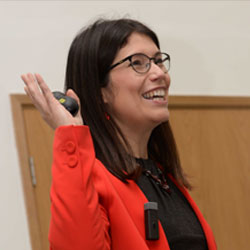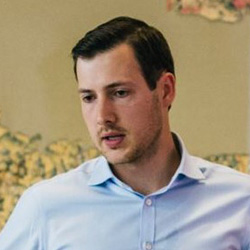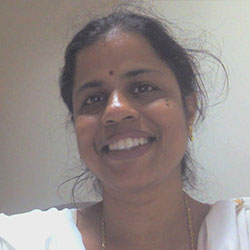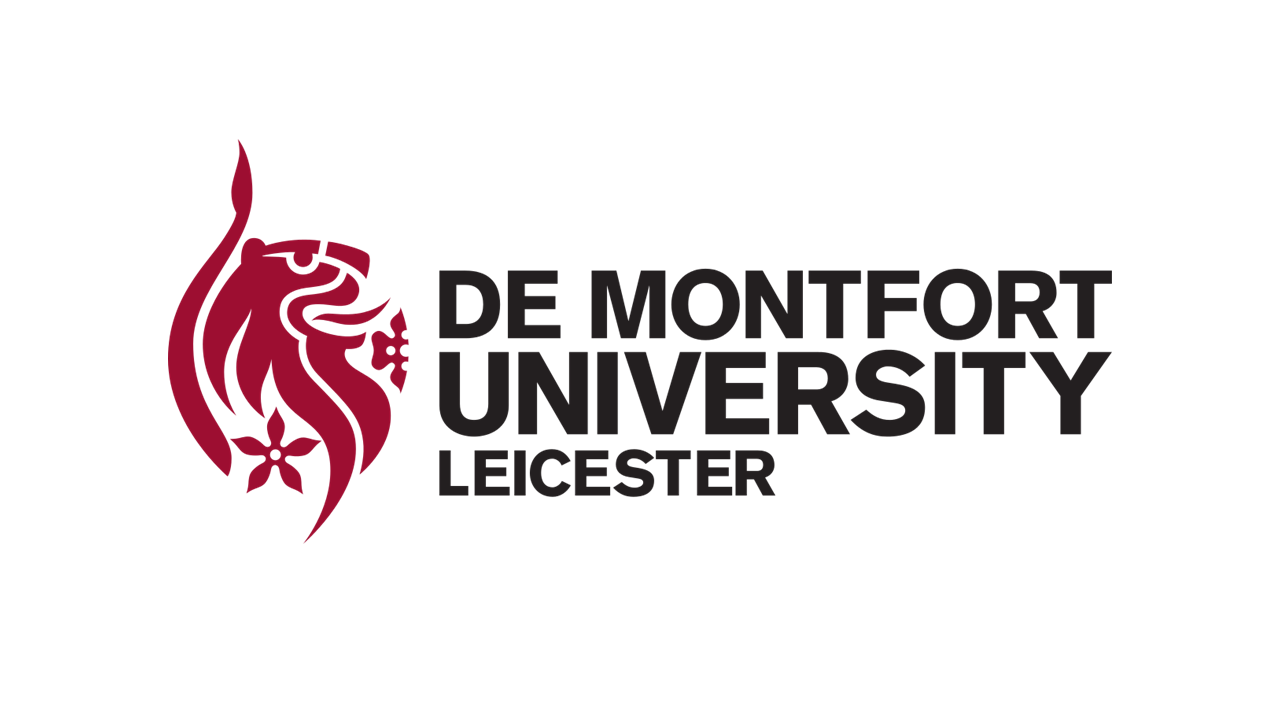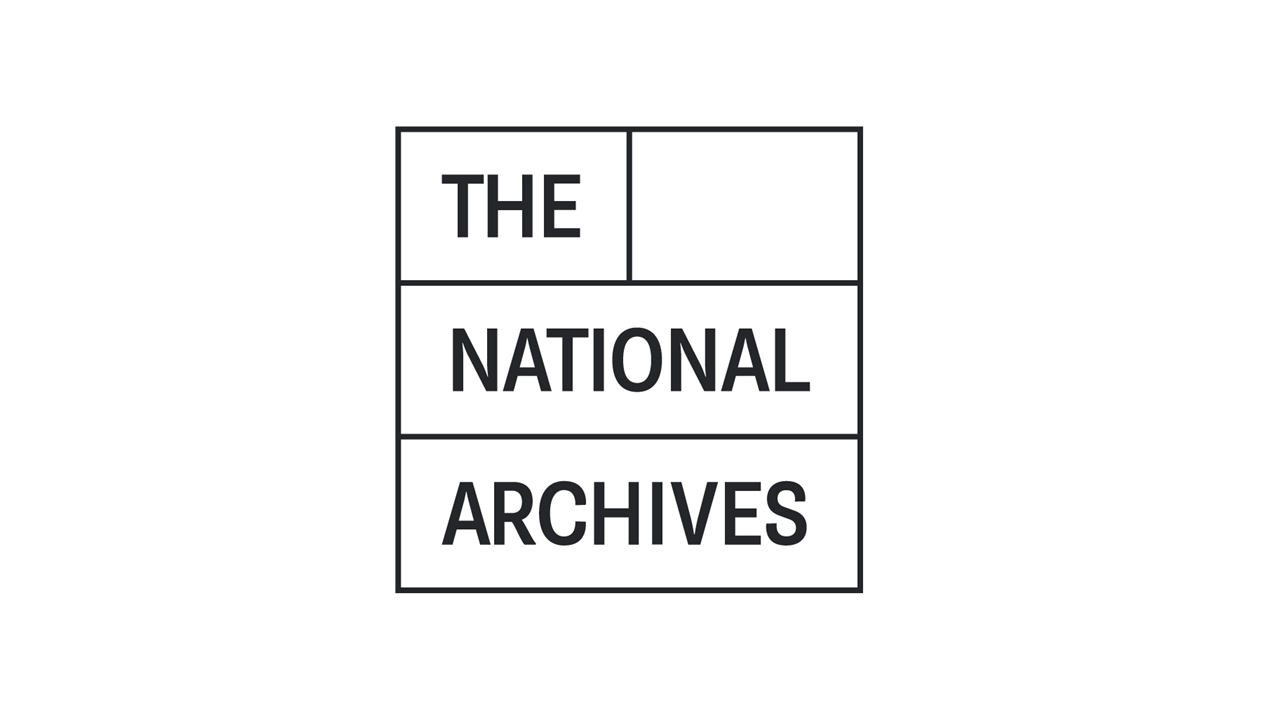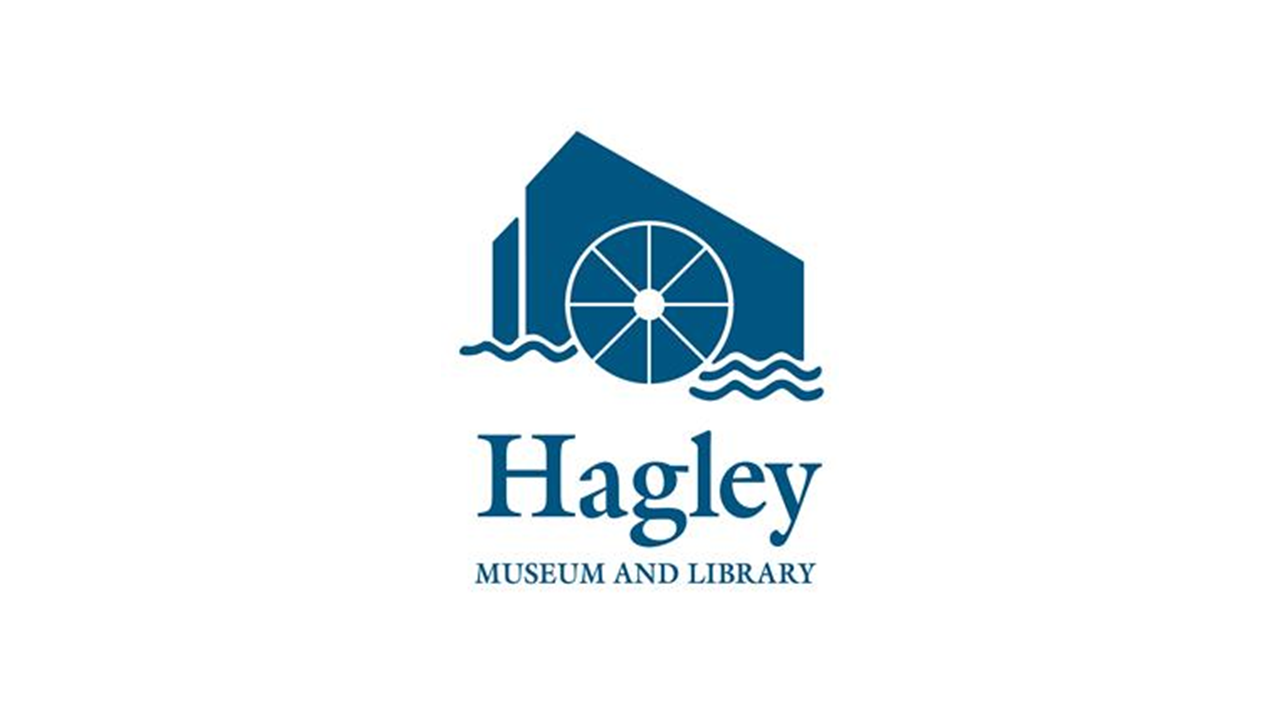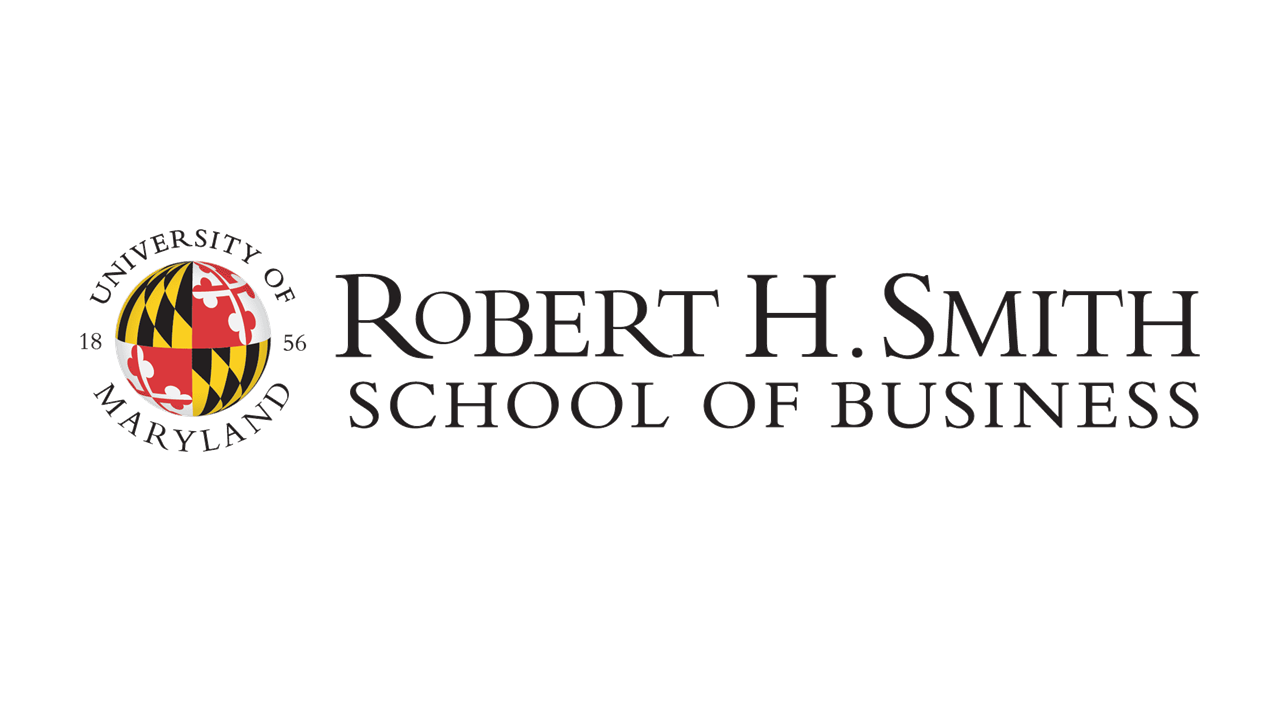About
TO: "All Vistors"
FROM: “The Dot-com Archive”
SUBJECT: "Welcome to the Dot-com Archive"
Hello! Welcome to the Dot-com Archive, an interactive history of dot-com-era business. The Dot-com Archive is part of the Contextualizing Email Archives project.
Drawing on a dataset of organizational emails, we present a collection of historical vignettes that provide insight into the everyday running of a dot-com start-up, AuroraTec. Each vignette deals with a different issue faced by this company, using business and management theories to better understand the events and challenges of the dot-com economy.
Thanks, and enjoy,
The Dot-com Team
AuroraTec
AuroraTec (a pseudonym) was a California-based wireless internet technology start-up active during and after the dot-com boom. By the late 1990s, wired connection to the Internet was becoming commonplace. Entrepreneurs, investors, and cellular phone companies were turning to this exciting frontier, aka the “wireless web.” From flip-phones, pagers, basic SMS and clunky Palm Pilots, these early entrants crafted a vision of a wireless future where customers could access their data remotely, interact with businesses using location-aware services, and otherwise live the mobile life. Twenty plus years later – there are billions of smartphones connected wirelessly to the Internet every day and as new start-ups offer mobile first (and often mobile only) services – the visions of these wireless pioneers have proven out in ways more far-reaching than perhaps even they could have imagined. The visionaries were right. The wireless web did change the world.
Success, so the saying goes, has a thousand fathers, but failure is an orphan. Change at this scale produced both winners and losers. Among the hundreds of Silicon Valley start-ups that sought to help commercialize the wireless web and despite the best efforts of its founders and employees, the munificence of its funders, and the reach of its partners, AuroraTec did not succeed. The stories presented on the following pages do not try to explain the failure of AuroraTec or assign responsibility for specific outcomes, it is a story of dreams becoming a nightmare. Doing so would require different historical tools and is beyond the scope of this project. Instead, we use select emails – preserved for the purpose of conducting scholarly research – to highlight aspects of AuroraTec’s activities that illuminate the challenges they faced while trying to enact their vision of the wireless web. Although AuroraTec failed, it could have been any firm as in the venture backed world, in the end…”there can only be one true winner”.
When AuroraTec started out, the company wanted to leverage opportunities presented by more capable cellular phones, which were quickly acquiring the ability to access web content. However, in the beginning it was not possible for users of Wireless Application Protocol (WAP) compatible devices to simply access the websites designed for desktops. As a result, website owners wishing to reach would-be wireless users needed to produce a "WAP compatible" version of their existing website. Rather than recreating these websites, AuroraTec offered an alternative solution; it would use its software to ‘translate’ them instead. This service would form the foundation of the company, which by the millennium had raised over $60 million from investors, employed around 120 staff, and had over 50 business customers and strategic partners.
While it is unusual within historical research, we chose to pseudonymize the individual and organizational identities found within the email collection, to preserve their privacy. As a diverse industry, we were careful to also ensure representation by using culturally appropriate pseudonyms.
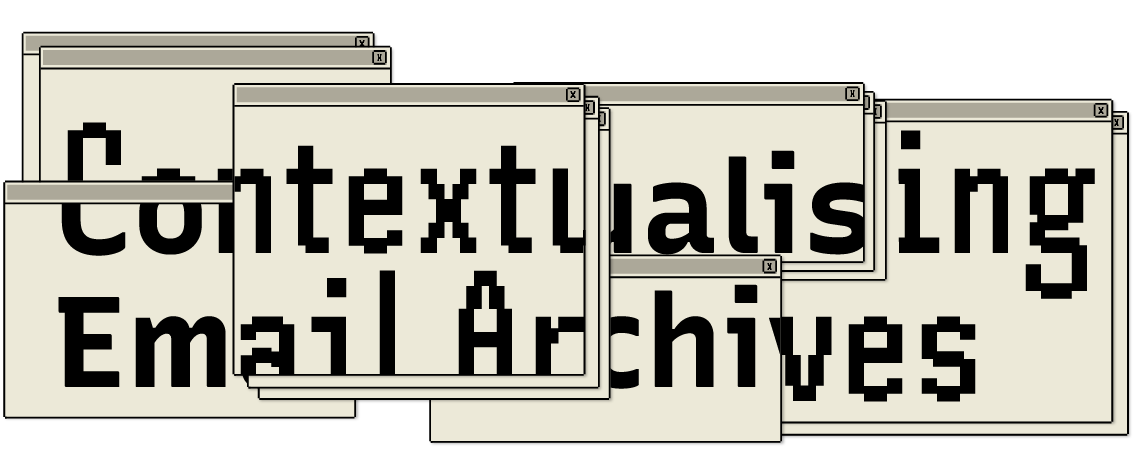
The Contextualizing Email Archives Project
The Dot-com Archive is part of a UK-US research project, Contextualizing Email Archives, which seeks to address the gap between current efforts to preserve email and the future requirements that will allow them to be read by and engaged with by a diverse user base. Using EmCoDisT, the search tool we developed as part of this research1, we identified relevant emails from a dataset already available under license, using these to create the historical vignettes presented on this website.
Decker, S., Kirsch, D.A., Kuppili Venkata, S. et al. Finding light in dark archives: using AI to connect context and content in email. AI & Society (2021). (Open Access)
Acknowledgements
Contextualizing Email Archives was made possible thanks to a Partnership Development Grant, awarded by the Art and Humanities Research Council (AHRC) as part of its ‘UK-US Collaboration for Digital Scholarship in Cultural Institutions’ programme. Funded through the UKRI Fund for International Collaboration, this programme aims to deliver a transformational impact on digital scholarship in museums and cognate cultural institutions, such as galleries, libraries, and archives in the UK and US.

The email collection upon which these interpretations are based was recovered and made available to scholars and students by Sherwood Partners, A U.S.-based venture workout and IP consulting firm with offices in Silicon Valley, Los Angeles, and New York.

